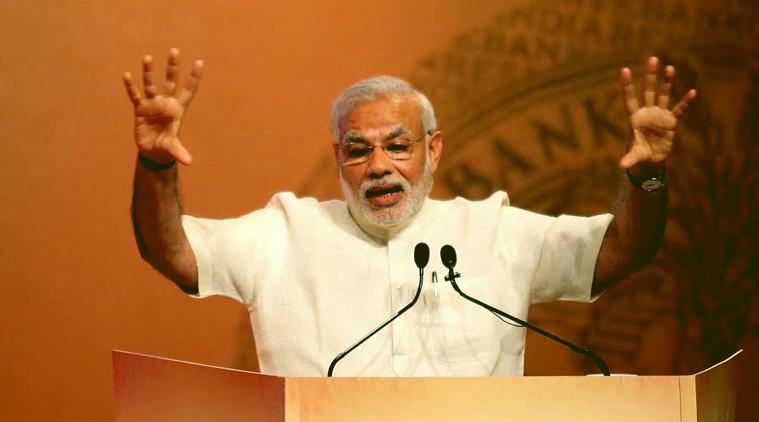Finance Ministry has told the CEOs of public sector banks in no uncertain terms that they would face penal action if not able to check frauds in Non Performing Assets (NPA) cases. The directive came after the arrest of Bhushan Steel’s promoter Neeraj Singhal by the Serious Fraud Investigation Office (SFIO) for diversion of 2000 crore, raised through public sector banks. SFIO was given power to arrest people in violation of company cases in August last year. Bhushan Steel became one of the largest loss-making units in India by early 2010s, its vice chairman Neeraj Singal was arrested by CBI for bribing Syndicate Bank chairman S K Jain. He was caught bribing Rs.50 lakh to Mr. Jain for increasing credit limit of some companies in violation of banking rules. But the company has not been dissolved because India had no strong framework for resolution of cases like this before Insolvency and Bankruptcy Code was implemented in 2016.
Now, The CEOs of public sector banks must look after all the NPA cases above 50 crores for frauds. “Bankers could be held accountable under Section 120B of Indian Penal Code if they fail to report fraud in an account which is later unearthed by investigating agencies,” said a source.
The dozens of cases which RBI identified to go under IBC resolutions is also being investigated by agencies for frauds including the diversion of funds. The agencies got intelligence inputs that many companies which are going under resolution raised and diverged the funds of public sector banks, SFIO is looking at the account books of these companies. “There were some inputs and lenders who have been asked to provide transaction details of last five years. If required, banks will also undertake forensic audit,” said the source.
The new directive will make the CEOs and other public officials of the banks accountable. The culture of a client-patron relationship between the public official and civilian is slowly ending. The client-patron culture started with British era where most of the public officials used to be white people and they used to see themselves as ‘ruler’ not ‘governor’. Indian people who got in civil services also became used to the same culture and it continued in the post-independence era. After the country got freedom, the successive governments kept continuity in previous structure and in the era of ‘license-quota’ raj, the client-patron culture became stronger. An entrepreneur had to take a license from a government official and keep him in good humour to increase the production quota.
The patron-client culture finally started weakening since liberalization in the 1990s. The entrepreneurs got the freedom to use their energy and creativity to produce goods and services without interference from a government official. The government officials were not allowed to interfere much with individual liberty but still not accountable. So, the bureaucrats and governments officials started minting money by doing fraudulent activities and favoritism. They were doing so because there was no accountability for their actions. Now, the government is making these officials accountable through steps like penal actions in financial frauds. Earlier, penal actions against government officials in financial frauds were a very unusual thing in India. Treating financial frauds as criminal activity is important because financial problems like the NPA mess are indirectly related to threat and harm to human lives.
